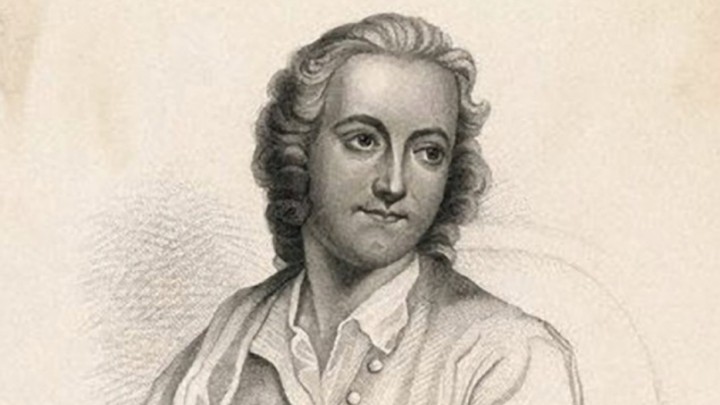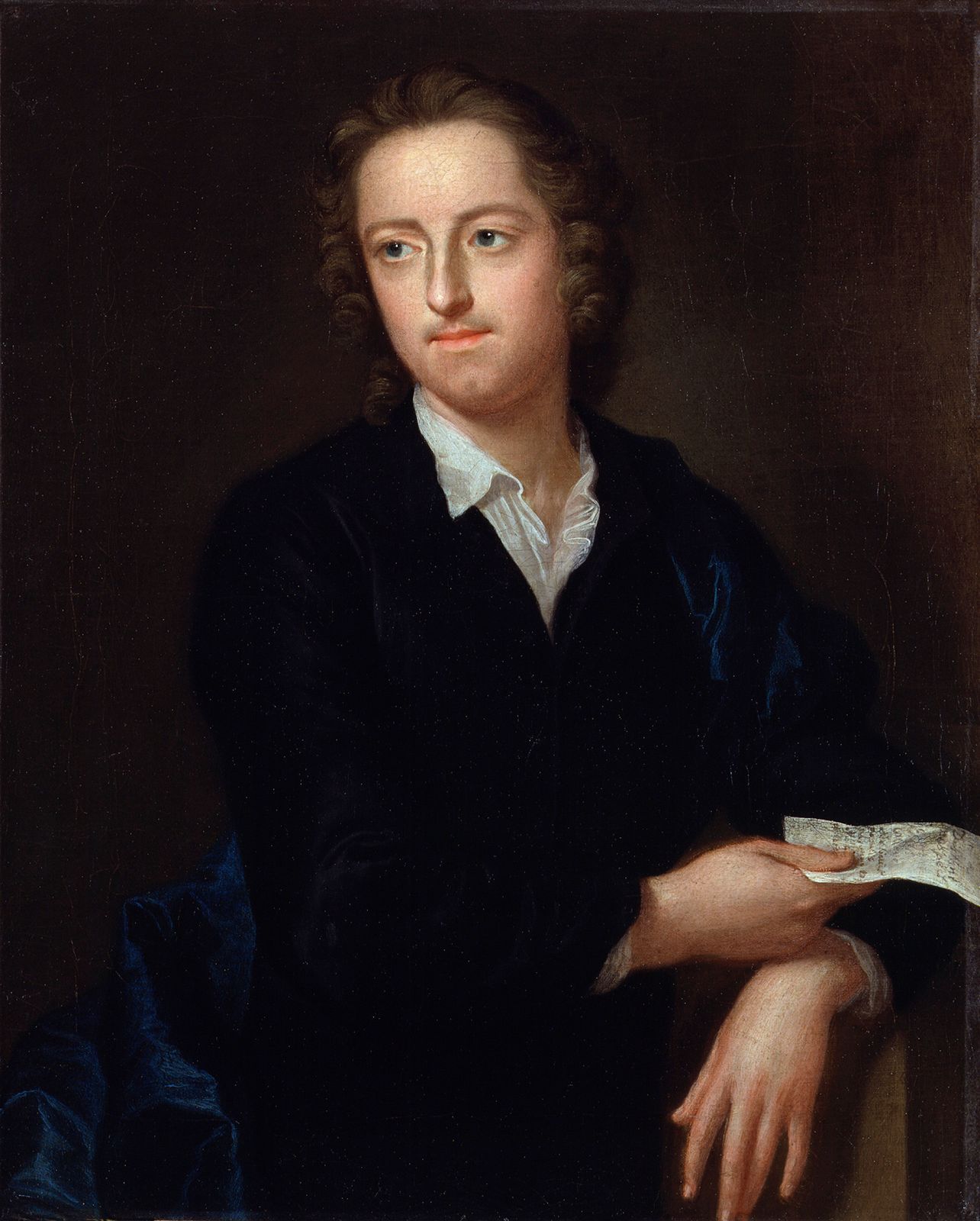Navigation: <Home> <Contact>
Thomas Gray (1716-1771)
Early Years: A Sensitive Soul in a Harsh World
Thomas Gray entered the world in 1716, the son of a London scrivener—a man whose temper was as sharp as his quill. His father’s domineering nature cast a gloom over the household, leaving young Thomas to seek solace in books and the gentle kindness of his mother. Unlike other boys who reveled in rough games and loud mischief, Gray was introspective, his mind attuned to the rhythms of poetry and history rather than the clamor of the streets.
Eton College became his sanctuary. Here, amid the hallowed halls, he immersed himself in the works of ancient poets, finding companionship in the verses of Virgil and Horace when human friendships felt fleeting. It was at Eton that he formed his closest bond—with Horace Walpole, the witty and charismatic son of a powerful statesman. Their friendship, though profound, would later fracture under the weight of pride and misunderstanding.Read More
Cambridge and Wanderings: A Scholar Without a Title
Gray’s time at Cambridge was marked by a quiet defiance of expectations. While others pursued degrees with single-minded ambition, he wandered the libraries, absorbing knowledge at his own pace. The rigid structures of academia chafed against his contemplative nature, and he left without completing his degree—a decision that spoke less of laziness and more of an unwillingness to conform.
In 1739, he embarked on a grand tour of Europe with Walpole, a journey that should have been the adventure of a lifetime. But travel, with its discomforts and disputes, strained their friendship. A bitter quarrel sent Gray back to England alone, his heart heavy with the loss of a friendship that had once been his anchor.
The Poet of Silent Echoes: Crafting the “Elegy”
Returning to England, Gray retreated into solitude, his pen his only confidant. He wrote slowly, laboring over each line as though carving it into stone. His most famous work, Elegy Written in a Country Churchyard, emerged from this period of quiet reflection. The poem, with its haunting meditation on death, obscurity, and the uncelebrated lives of the poor, struck a chord with readers. It was a masterpiece—yet Gray, ever the recluse, shied away from the acclaim it brought.
Fame, when it came, was an unwelcome guest. He accepted the position of Professor of Modern History at Cambridge more out of necessity than desire, delivering few lectures and preferring the company of ancient manuscripts to that of students. The academic world puzzled over this reserved man who seemed to hold knowledge like a sacred flame, never flaunting it, never exploiting it.
Final Years: A Fading Light
As years passed, Gray’s health—never robust—began to falter. The same sensitivity that made him a poet also made him vulnerable to life’s hardships. He grew increasingly frail, his world narrowing to the walls of his Cambridge rooms. In 1771, death came quietly, as though respecting the stillness he had always cherished.
Thomas Gray left behind no dramatic legacy of scandal or heroism—only verses that whispered of mortality, solitude, and the beauty of unnoticed lives. His was a life lived in the margins, yet his words echoed far beyond the churchyards he so often contemplated.
Difficult Words with Meanings:
- Domineering – Overbearing and controlling.
- Introspective – Inclined to look inward at one’s own thoughts.
- Sanctuary – A place of refuge and safety.
- Contemplative – Deeply thoughtful, often in a reflective or spiritual way.
- Defiance – Open resistance or bold disobedience.
- Conform – To comply with rules or expectations.
- Recluse – A person who lives in solitude, avoiding society.
- Obscurity – The state of being unknown or unnoticed.
- Exploiting – Using something for personal gain, often unfairly.
- Mortality – The state of being subject to death.
Gray’s life reminds us that brilliance does not always shout—sometimes, it lingers in the quiet spaces between words, waiting for those who care to listen.


No Responses